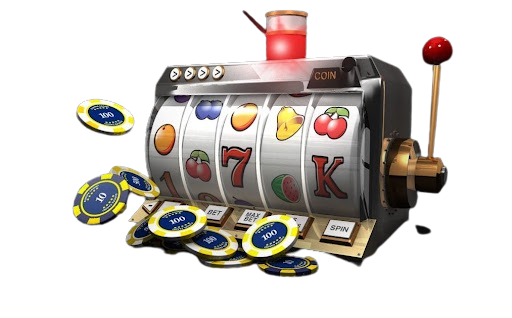Exploring the World of Games: From Traditional to Digital
Games have been an integral part of human culture for centuries, serving as a means of entertainment, social interaction, education, and even competition. From ancient board games like Senet and Go to modern digital marvels like Fortnite and Minecraft, the world of games has evolved and expanded, captivating audiences of all ages across the globe. In this article, we embark on a journey through the diverse landscape of games, exploring their history, significance, and the ways they continue to shape our lives today.
A Brief History of Games
The origins of games can be traced back thousands of years, with early evidence of board games found in archaeological sites dating back to ancient civilizations such as Mesopotamia and Egypt. These early games were not only sources of entertainment but also served religious, educational, and strategic purposes.
Fast forward to the 20th century, and the world witnessed a surge in the popularity of board games, with classics like Monopoly, Scrabble, and Chess becoming household staples. Meanwhile, the emergence of video games in the latter half of the century revolutionized the gaming landscape, paving the way for an entirely new form of interactive entertainment.
The Rise of Digital Gaming
The advent of computers and gaming consoles in the 1970s and 1980s marked a pivotal moment in the history of games, giving birth to iconic titles such as Pac-Man, Super Mario Bros., and The Legend of Zelda. As technology advanced, so too did the complexity and immersion of games, leading to the rise of genres like role-playing games (RPGs), first-person shooters (FPS), and massively multiplayer online games (MMOs).
In recent years, the proliferation of smartphones and high-speed internet has fueled the growth of mobile gaming and online multiplayer experiences. Games like Pokémon GO, Clash of Clans, and Among Us have captured the imaginations of millions, blurring the lines between virtual and real-world interactions.
The Cultural Impact of Games
Beyond mere entertainment, games have had a profound impact on ASTONSLOT culture, society, and even technology. They serve as vehicles for storytelling, allowing players to immerse themselves in rich narratives and explore fantastical worlds. Games also foster creativity and problem-solving skills, challenging players to think critically and adapt to ever-changing environments.
Moreover, games have become a powerful tool for education and learning, with educational games designed to teach subjects ranging from mathematics and science to history and language. Simulations and serious games are used in various industries, including healthcare, military training, and urban planning, highlighting the versatility and utility of gaming technology.
Looking Ahead: The Future of Games
As technology continues to evolve, so too will the world of games. Virtual reality (VR), augmented reality (AR), and mixed reality (MR) are poised to revolutionize gaming, offering unprecedented levels of immersion and interactivity. Artificial intelligence (AI) and machine learning algorithms will enable more sophisticated gameplay experiences, with dynamic worlds and intelligent non-player characters (NPCs) reacting to player actions in real-time.
Furthermore, the gaming industry is increasingly embracing inclusivity and diversity, striving to create games that appeal to players of all backgrounds and identities. Independent game developers, in particular, are pushing boundaries and exploring new avenues of storytelling and gameplay, fostering innovation and creativity within the medium.
In conclusion, games have come a long way since their humble beginnings, evolving into a diverse and dynamic form of entertainment with far-reaching implications. Whether you’re a casual player, a competitive gamer, or simply curious about the world of games, there’s never been a better time to explore this vibrant and ever-expanding universe. So pick up a controller, roll the dice, or dive into a virtual world – the adventure awaits!
